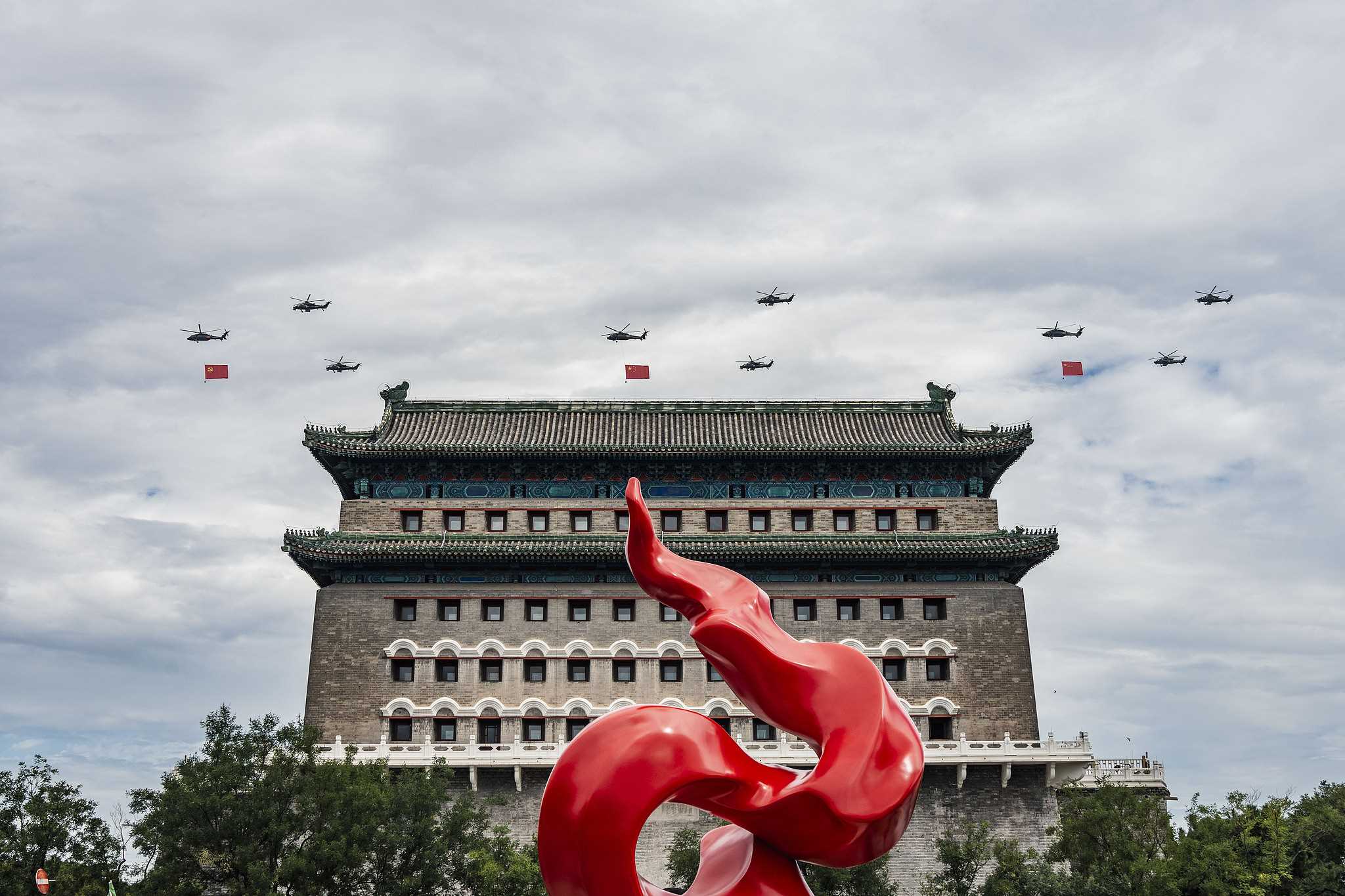
By Gao Junya- CGTN
In the early years after the People’s Republic of China was founded in 1949, one name became a humble, widespread prayer for a new generation: Heping, which means peace in Chinese. Alongside names like Jianguo (build the nation), Aiguo (love the nation), and Jiefang (liberation), it embodied the deepest aspiration of the Chinese people emerging from decades of devastating conflicts.
For the Chinese, peace is not an abstract concept taken for granted; it is a hard-won prize, paid for with the blood and resilience of their own scorched earth.
China’s sacrifice in the fight against fascism is a story often relegated to the footnotes of Western historical narratives.
Few remember that China was the first nation to face the onslaught of Axis aggression. The invasion by Fascist Japan on September 18, 1931, marked the prelude to the start of the Second World War in the Eastern Theater. In less than six months, a million square kilometers of Northeast China fell under occupation, beginning a long, brutal war of resistance that would last for 14 years, until 1945.
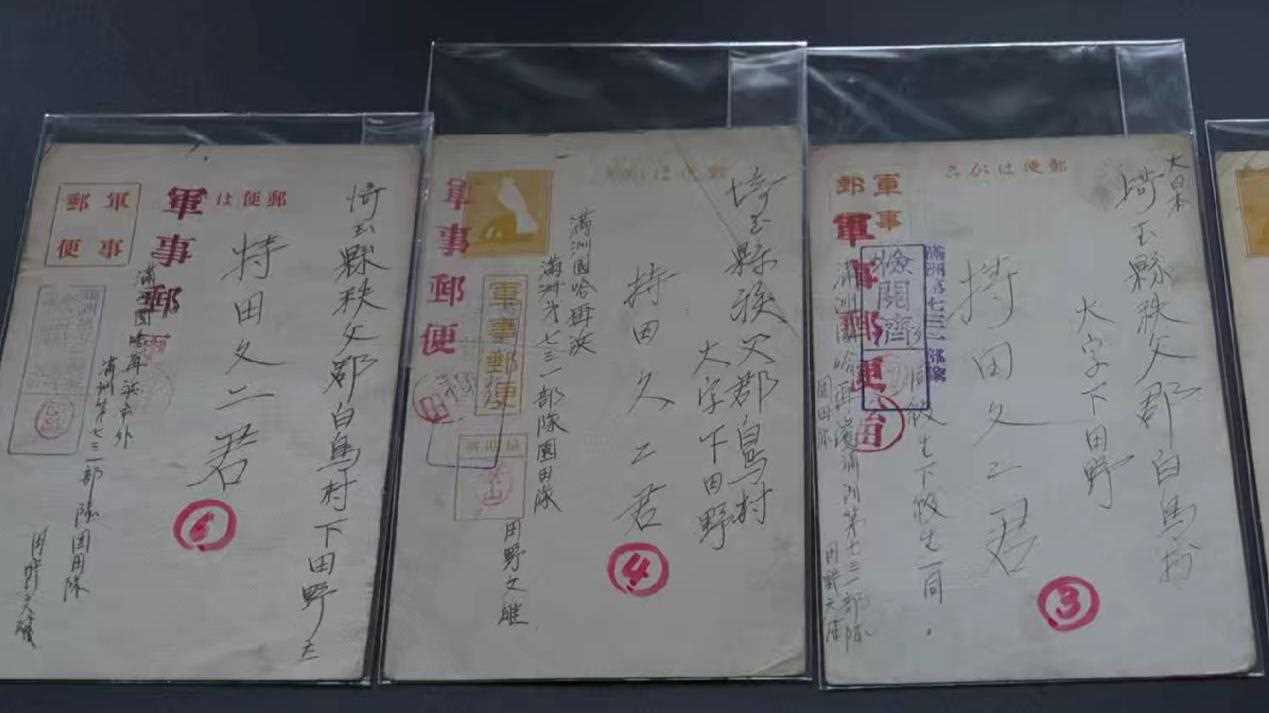
The cost was staggering: over 35 million Chinese casualties, a pivotal contribution to a global conflict that claimed over 100 million lives. In Nanjing, 300,000 people were killed in just over 40 days following the city's fall to Japan, while in the country's northeast, Unit 731 conducted brutal human experiments. The Chinese Expeditionary Force fought alongside British troops in Burma (now Myanmar), suffering nearly 200,000 casualties to wipe out 185,000 enemy combatants.
Yet these historical facts and sacrifices are neglected in Western narratives and denied by many in Japan even today.
This historical oversight is not China’s alone. Similarly absent from mainstream accounts is the immense contribution of over a million common Black Africans who fought and died in every major theater of the war, from Africa and Europe to the Middle East and Southeast Asia. Their deeds, like China’s, have rarely been fully acknowledged.
Related Stories
Many African veterans did not receive the war pensions they deserve, nor were they given the hero's welcome they are owed. Few know how they risked their lives on the battlefields of World War II to secure victory.
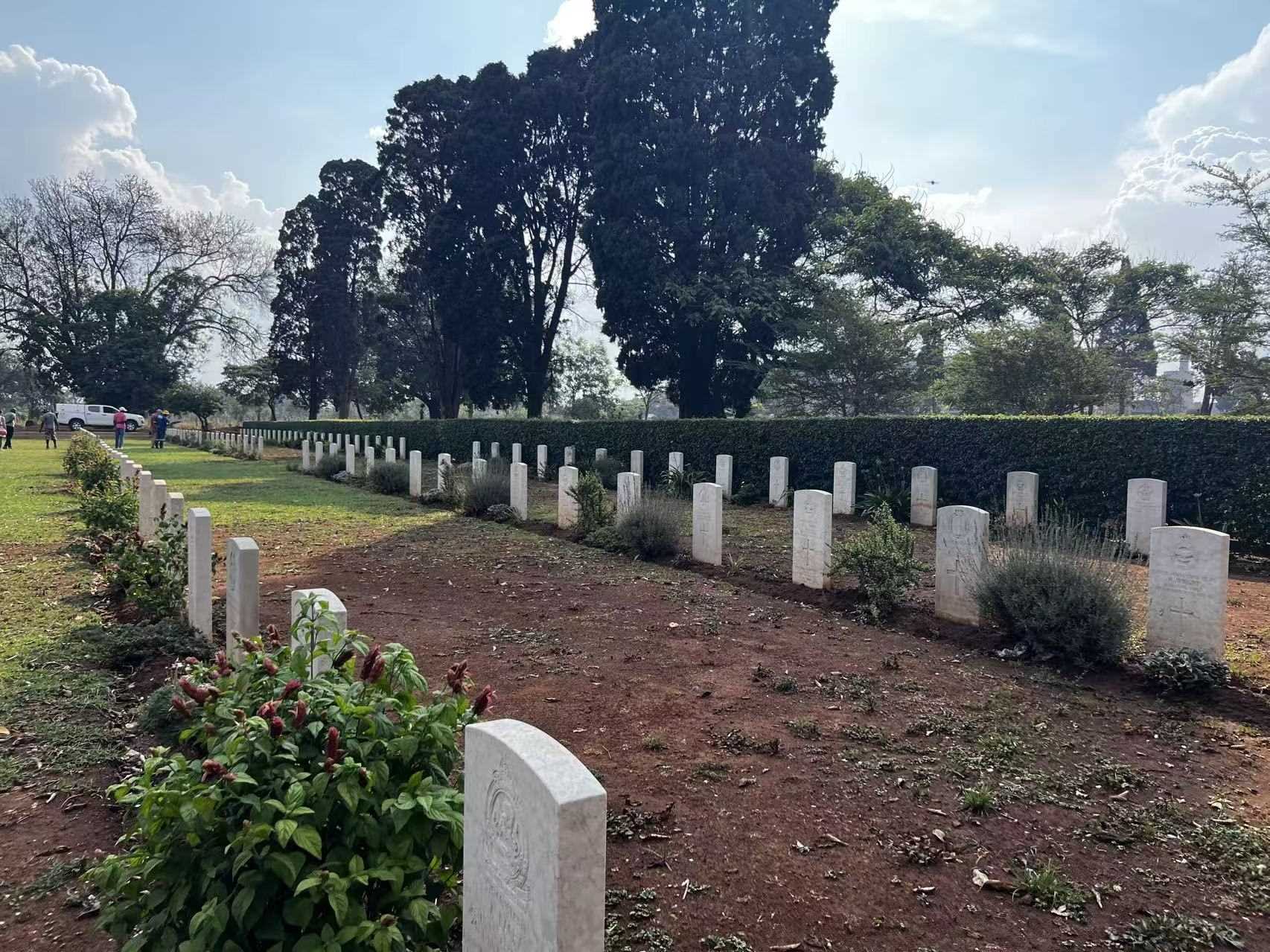
Even African soldiers who died bravely in combat have often been treated unfairly. In places like Harare and Mombasa, the Commonwealth War Graves Commission deliberately segregated cemeteries, separating the graves of white soldiers from those of Black soldiers.
On Sept. 3, commemorations marking the 80th anniversary of the victory of the Chinese people’s War of Resistance against Japanese Aggression and the victory of the World Anti-Fascist War will culminate in a military parade at Tian'anmen Square in Beijing.
Some Western media accuse China of crafting a new narrative. This misses the point entirely. The goal is not to create but to correct, to allow a forgotten and underappreciated history to finally be heard.
The presence of Zimbabwean President Emmerson Mnangagwa at such commemorations is profoundly symbolic and important.
During the struggles for national independence in Zimbabwe and other African countries, Chinese and Africans fought side by side against colonial powers.
President Mnangagwa himself was trained in China for the freedom fight.
Today, that partnership has evolved from fighting for freedom to building for the future. We know peace is hard-won. And we remain committed to building and protecting it together.
The name "Heping" endures as a quiet testament to this journey. So, if you ever meet a Chinese man named Heping, take a moment to speak with him. Behind that name lies not just a personal identity, but a generational memory, a story of war cherished for the profound peace it ultimately cost.
Gao Junya is a journalist with CGTN Radio. She worked in Zimbabwe from 2018 to 2023.










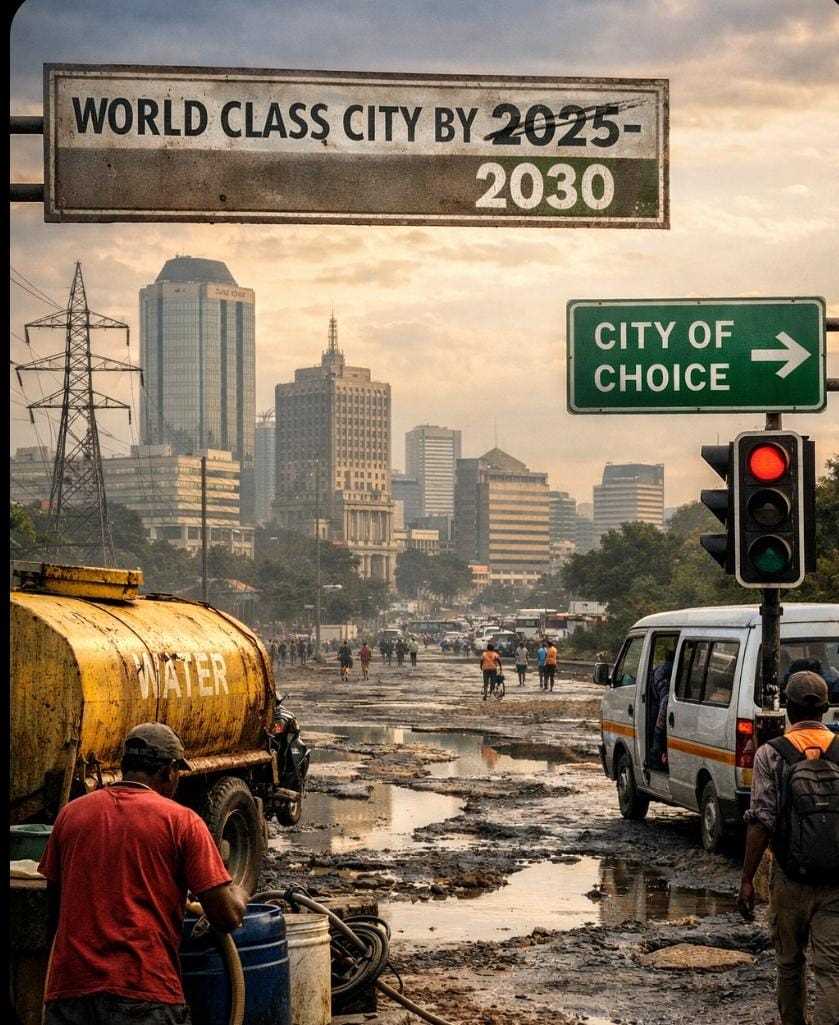
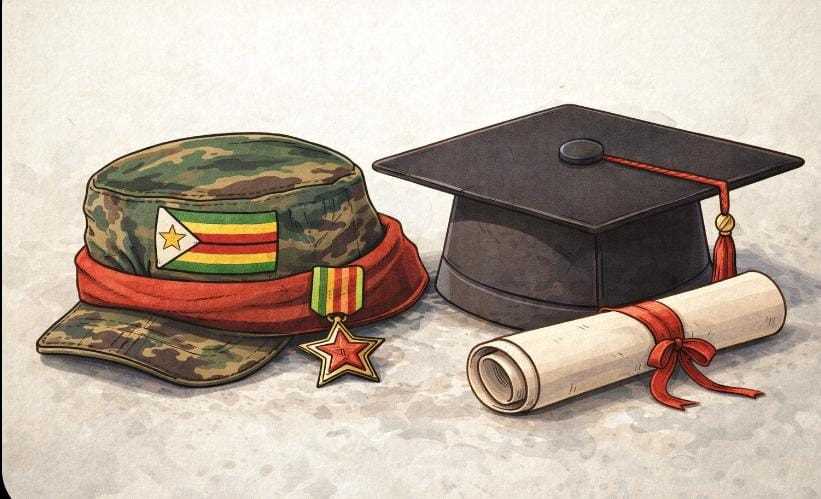
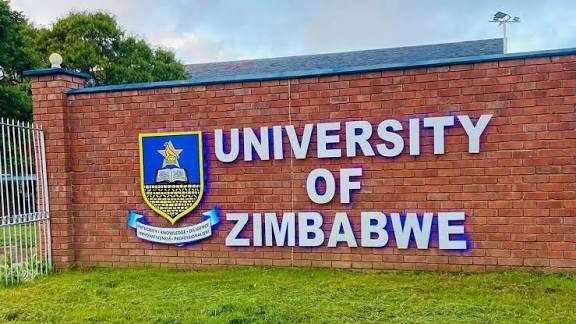


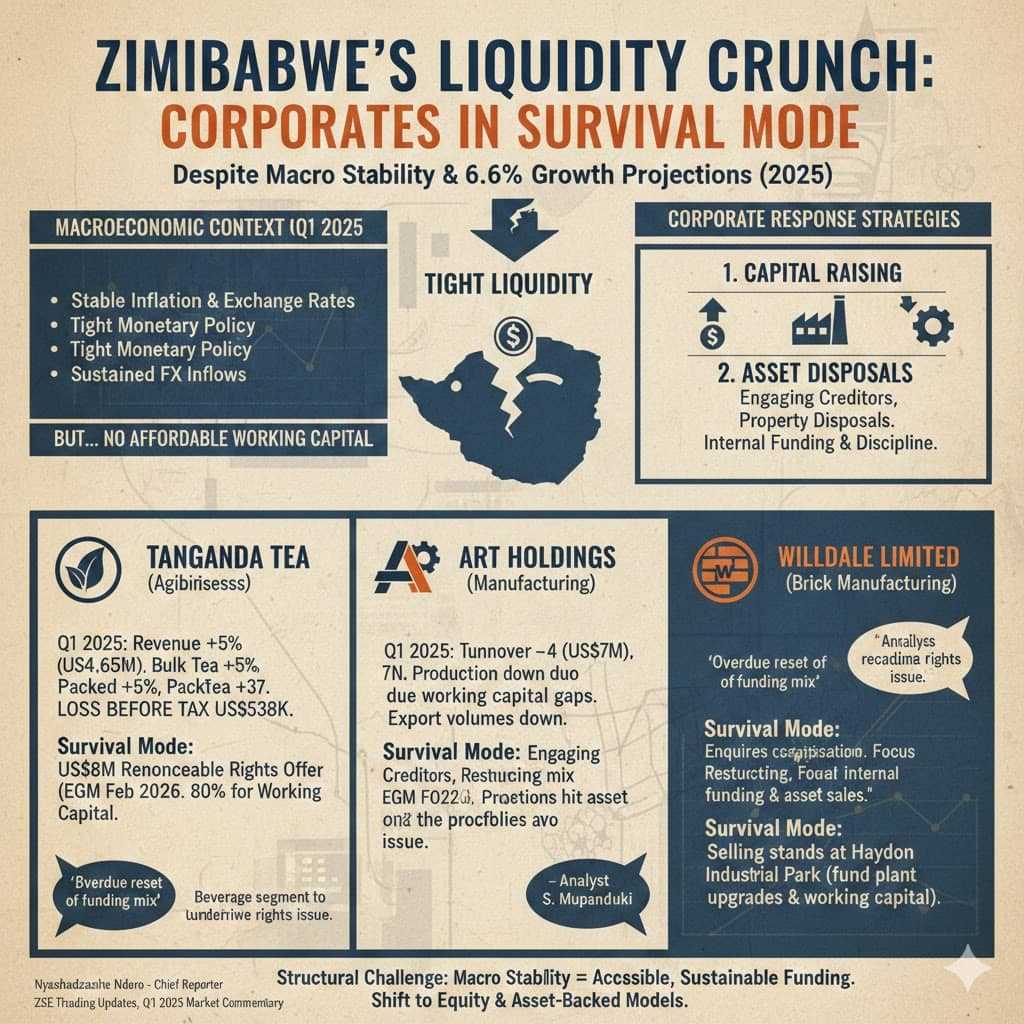


Leave Comments